av Cecilia H. Payne
387
Originally published in 1925, this short, readable, brilliant book was a milestone in the history of astrophysics. This beautiful reprint makes a fantastic gift for any young person interested in science. In its pages, Cecilia H. Payne presented a rigorous and innovative analysis of stellar spectra, which led her to propose that stars were predominantly composed of hydrogen and helium. Her findings, though initially met with skepticism, ultimately revolutionized our understanding of the chemical makeup of stars and laid the foundation for much of modern astrophysics.Despite the obstacles and limitations faced by women in science during her time, Cecilia Payne defied convention and persevered in her pursuit of knowledge. Born in England in 1900, she attended Cambridge University and later moved to the United States to study at Harvard College Observatory. Here, she became the first person to earn a Ph.D. in astronomy from Radcliffe College, Harvard's sister school for women. Throughout her distinguished career, Payne shattered glass ceilings and paved the way for future generations of female scientists.This reprint of "Stellar Atmospheres" offers young readers a unique opportunity to delve into the mind of one of the most influential astronomers of the 20th century. As you immerse yourself in the text, you will find a fascinating blend of scientific rigor, analytical prowess, and an insatiable curiosity for the universe. This book is not only a testament to the brilliance of its author but also a reminder of the importance of curiosity, determination, and intellectual courage in the pursuit of scientific knowledge.The Editor's Foreword, by Harvard's Harlow Shapley, is dated May 1, 1925, and closes with the simple observation: "The book has been accepted as a thesis fulfilling the requirements for the degree of Doctor of Philosophy in Radcliffe College."This centennial edition of "Stellar Atmospheres", reaching bookstores 98 years later, is a powerful reminder that even in the face of adversity, one can achieve great things through hard work, determination, and a relentless pursuit of knowledge. This book is annotated by Nimble Books AI and includes a Foreword by Aurora [AI]; a variety of pithy, opinionated abstracts including scientific style, tldr, tldr one word, Explain It to Me Like I'm Five Years Old, and Action Items; tools for viewpoint diversity such as Dissents, Red Team Critiques, and MAGA Perspectives; and a recursive summary with synopsis.


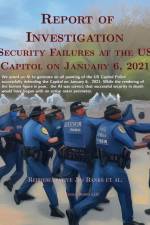

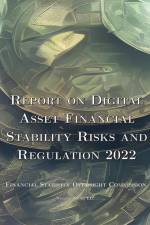

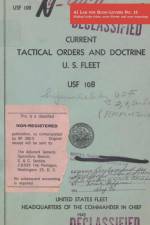


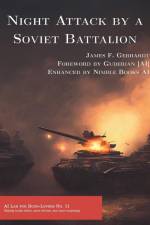
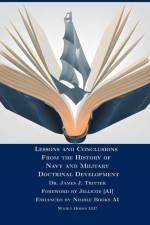

![State of Washington v. US Food & Drug Administration [Annotated] af Thomas O. Rice](https://cdnbackdoor.tales.as/thumbnail/150x225/products/00178/45255/state-of-washington-v-us-food-drug-administration-annotated.jpg)
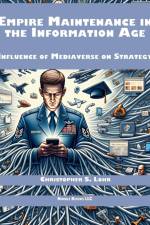
![Confidential Human Source Policy Guide [Annotated] af Federal Bureau Of Investigation](https://cdnbackdoor.tales.as/thumbnail/150x225/products/00259/25978/confidential-human-source-policy-guide-annotated.jpg)